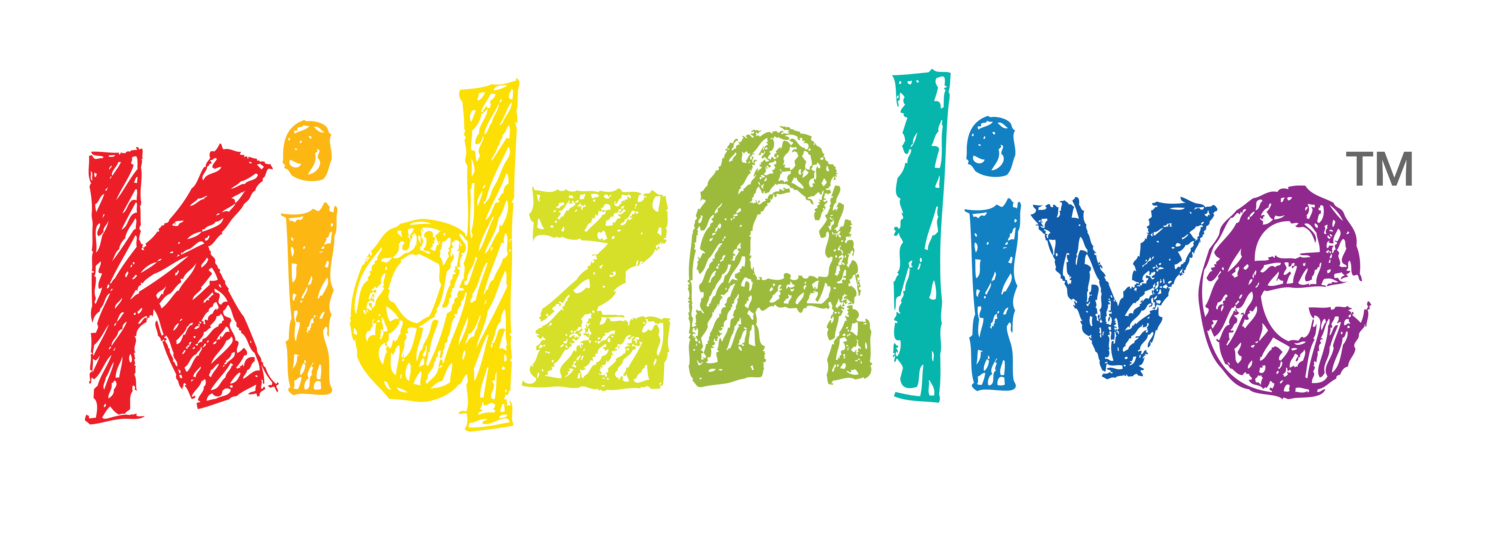Empowering Hearts and Minds on World Mental Health Day 2023: Disclosing a Child's HIV Status for Positive Well-being
As we observe World Mental Health Day, we are reminded of the crucial role that honest and compassionate communication plays in nurturing the mental well-being of children facing unique challenges. One such challenge is the need to disclose a child's HIV status, a daunting task for any caregiver.
However, research and personal experiences have demonstrated that disclosing a child's HIV status can have a profoundly positive impact on their mental health. In this blog post, we will explore the benefits of this delicate conversation and how it aligns with the theme of World Mental Health Day - "Mental Health in an Unequal World."
Breaking the News
Telling a child about their HIV status is a momentous step, one that requires great care and consideration, especially when we consider the theme of World Mental Health Day:
Educating children about their HIV status provides an opportunity to demystify the virus,
its transmission, and how it can be managed.
This understanding is a step toward reducing inequalities in access to information and healthcare.
Keeping children in the dark about their HIV status may lead to feelings of difference and self-stigmatisation.
Disclosing their status can reassure them that they are not alone in their journey, promoting equality in self-acceptance.
Honest disclosure builds trust between the child and their caregiver, fostering open and ongoing communication.
This is especially vital in a world where unequal access to resources and support can worsen mental health gaps.
Boosting Children's Mental Health
The mental health benefits of disclosing a child's HIV status are substantial and align with the theme of equality and inclusivity:
Knowing the truth about their health can reduce anxiety in children.
It helps them understand the importance of treatment and medical visits, promoting equal access to proper healthcare.
This conversation equips children with the tools to cope with their diagnosis,
an essential skill in navigating an unequal world.
It teaches them that their family is there to support them through life's ups and downs.
Keeping a significant secret can be a source of chronic stress and emotional turmoil.
By disclosing their status, children are spared the psychological distress that can arise from discovering such a significant secret later in life.
Informed children become advocates for their own health, helping bridge gaps in healthcare access and promoting equality in health outcomes.
Supporting the Process
While disclosing a child's HIV status is a significant step, here are some crucial considerations to make the conversation as supportive as possible:
Tailor discussions to the child's age and level of understanding.
Acknowledge the need for age-appropriate mental health support.
Encourage questions and emotions.
Let children know that it's okay to feel a range of emotions, and provide a supportive environment
for them to express themselves.
Seek guidance from healthcare providers and counsellors experienced in paediatric HIV care.
They can provide valuable insights and emotional support for both children and caregivers,
promoting equal access to mental health resources.
On World Mental Health Day, we are reminded of the importance of addressing mental health inequalities.
Disclosing a child's HIV status is an act of love and responsibility that aligns with this theme. Open and honest communication can lead to stronger, more resilient children who are equipped to navigate life's challenges with grace and understanding. It empowers them to become advocates for their own health and well-being, fostering a sense of control and confidence that can help level the playing field in their journey with HIV and mental health.











